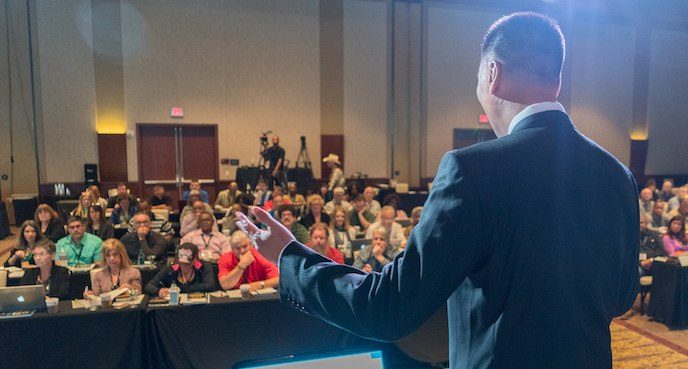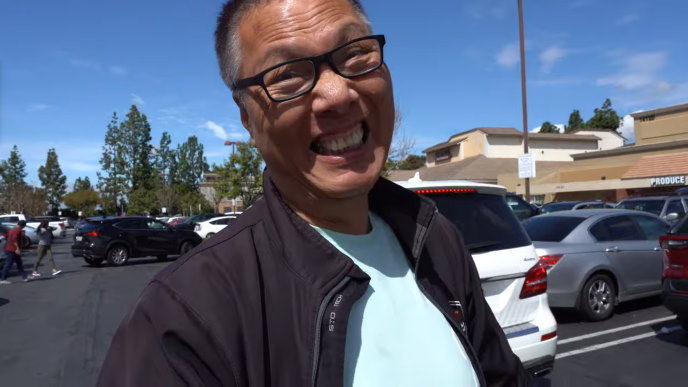If you’re in the business of selling laundry detergent, you’re not really in the business of selling laundry detergent. You’re in the business of selling clean clothes that smell great. If you’re in the business of selling books, you’re not really in the business of selling books. You’re in the business of selling great stories, entertainment, or information. The same kind of distinction holds true on the Internet too, perhaps even more so.
You’ve likely noticed by now that websites like Facebook and Instagram are not really in the business of selling “connection” or “social sharing.” They’re in the business of selling attention. Your attention. They’re trying to capture your attention, so they can turn around and sell it to advertisers. And let’s be perfectly honest with ourselves: these social network algorithms are really good at keeping you on their sites, which in turn means they’re really good at selling your attention to advertisers.
May I Have Your Attention Please?
As a professional blogger or online content creator, then, your objective works in a very similar kind of way. You want to capture the attention of your audience and you want to retain it. It’s in your best interest to get as much of that attention as possible, because it means that you are in a better position to “sell” that attention in the form of advertisements, sponsored posts, branded content, affiliate marketing opportunities and so forth.

True, as John has pointed out before, it’s far easier to increase your eCPM than it is to grow your number of page views, but you do have to start with at least a baseline audience size before you have any real opportunity at significant online earning potential. And one of the biggest steps you can take in that regard is to retain the readers that you attract in the first place.
There’s some sage old wisdom from the world of sales and marketing. It’s far more expensive to attract a new customer than it is to keep an existing one. Repeat business is the best kind of business, because it becomes so much more passive. And passive income is very much a good thing. For blogging, this means that while having first-time visitors to your site is good, repeat visits are even better.
Beyond the Drive-By Visitor
You need to get new readers on your blog in the first place, of course. This can come by way of all sorts of traffic sources. Search engine optimization might net you some organic traffic by way of search results. Content marketing might send some eyeballs your way as people key in on your expertise or they otherwise express an interest in what you have to say. Maybe you have a tweet go viral and people come to check you out.
Regardless of how they arrive on your website the first time around, your goal then is to cultivate the relationship with this new reader in such a way as they’re likely to come back. Part of this might involve building a healthy email marketing list, for instance. Another part of it might have to do with developing a strong brand “voice” and “identity,” one where you can build a real sense of online community around who you are, what you’re about, and what you have to offer.
This Is Me, Live and in Person
This is where engagement can play such a critical role in your long-term success potential. If you happen across an Instagram post with lots of likes and (real) comments, you may be more inclined to follow the account or at least check out what else this person has posted. When you see that someone’s YouTube fans have forged a real connection with the YouTuber, seeing them as a three-dimensional human being with real feelings and insight, you’re more inclined to learn more about who they are too and why these people like them so much.

The million dollar question, of course, is how you can foster the same kind of fervent following and fan base. How can you inspire the same level of organic engagement? It starts with being authentic, open and honest. A big part of John’s success, aside from his business acumen and a dash of good luck, is that he has always worn his heart on his sleeve. He’s an open book, largely unfiltered. What you see is what you get.
He’s not hiding behind his keyboard. He’s not putting on some sort of persona. This is the real person with a real (big) personality. It really is true that if you don’t piss off at least a few people, you probably aren’t doing it right. Don’t be afraid to be yourself. At the end of the day, people want to connect with people. So, don’t be afraid to be human. And really engage with your audience, because this conversation is a two-way street.
